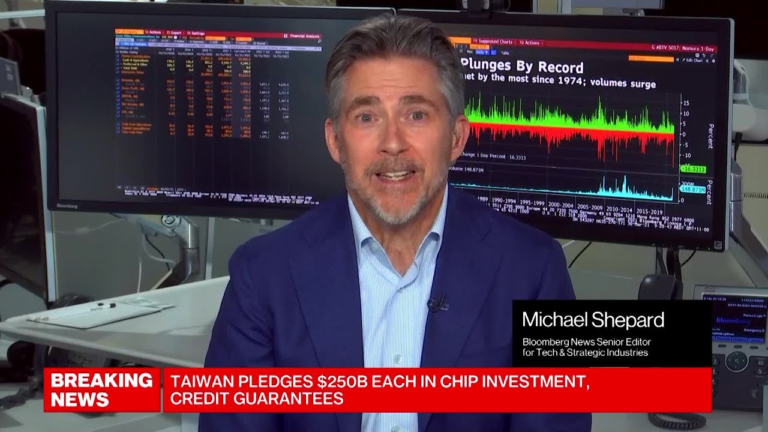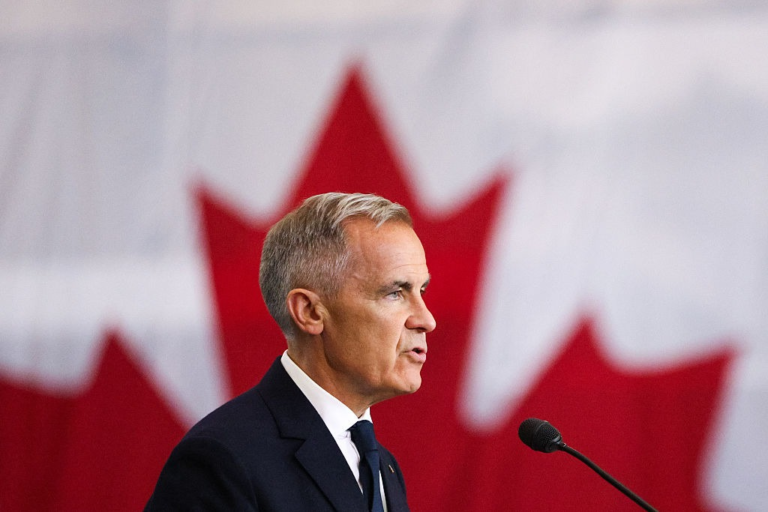
Britain bet on pomp and flattery to keep Donald Trump close. Could this strategy be a blueprint for the rest of Europe?
Britain pulled out all the stops for US President Donald Trump. A second state visit, something no other US president has ever received, came with an “extra-large” guard of honor, a royal banquet in Windsor Castle, and plenty of flattering words from UK Prime Minister Keir Starmer.
Outside the pageantry, thousands of protesters filled London’s streets. Waving Palestinian flags, denouncing Trump’s climate policies, and demanding solidarity with migrants, they voiced a starkly different message: Britain should keep its distance from the US president.
But the government’s goal was clear: avoid disaster, extract some pledges from Trump and show that the “special relationship” between the UK and the US is alive and well. From a European perspective, the real question is: did it work? And what can the EU learn from that?
“It wasn’t a massive success in terms of tangible outcomes, but it wasn’t the disaster some in government feared either,” Time Bale, professor of politics at Queen Mary University of London, told DW.
“Diplomacy is often about flattery,” he explains. Trying to get what you want by making someone feel good. “The trouble is, it doesn’t always result in something tangible once the visit is over.”
Sophia Gaston, Senior Fellow at King’s College London, takes a different view. “Securing and cementing leader-level relationships is an extremely important outcome in and of itself. It’s the gateway to being able to achieve any of the policy outcomes,” she told DW.
Ed Owen, Senior Fellow with the Europe Center at the Atlantic Council, agrees: “Having that face time and personal contact with Trump is very important if you are to persuade and have influence over his judgments.”
Despite the pomp and flattery, no ‘break-through’ on Ukraine or tariffs
For Gaston, the visit brought tangible gains. She points to three key policy areas: financial services, nuclear energy and tech cooperation.
“Bringing together the City of London and New York as global financial centers, agreeing to streamline nuclear approvals and choosing to align with the US rather than Europe on technology, particularly AI and quantum, are all strategically significant,” she argued, adding that Britain is the only country Washington regards as a viable tech co-creation partner.
Starmer also kept Trump from open confrontation on tricky issues. Despite disagreeing with Britain’s plan to recognize a Palestinian state, Trump avoided a clash. On Ukraine, he underlined that Russian President Vladimir Putin had “let him down,” but offered no new commitments.
“Starmer doesn’t really seem to have persuaded him to start criticizing Putin,” Bale noted. “That’s not nothing, but it’s not a breakthrough either.”
“There was genuine hope Trump might follow through on a promise to reduce steel tariffs to zero. But that didn’t happen,” he explained. These tariffs remain at 25 percent.
Gaston acknowledged this was “a source of disappointment,” but noted that Britain still faces lower overall tariffs than many other allies.





